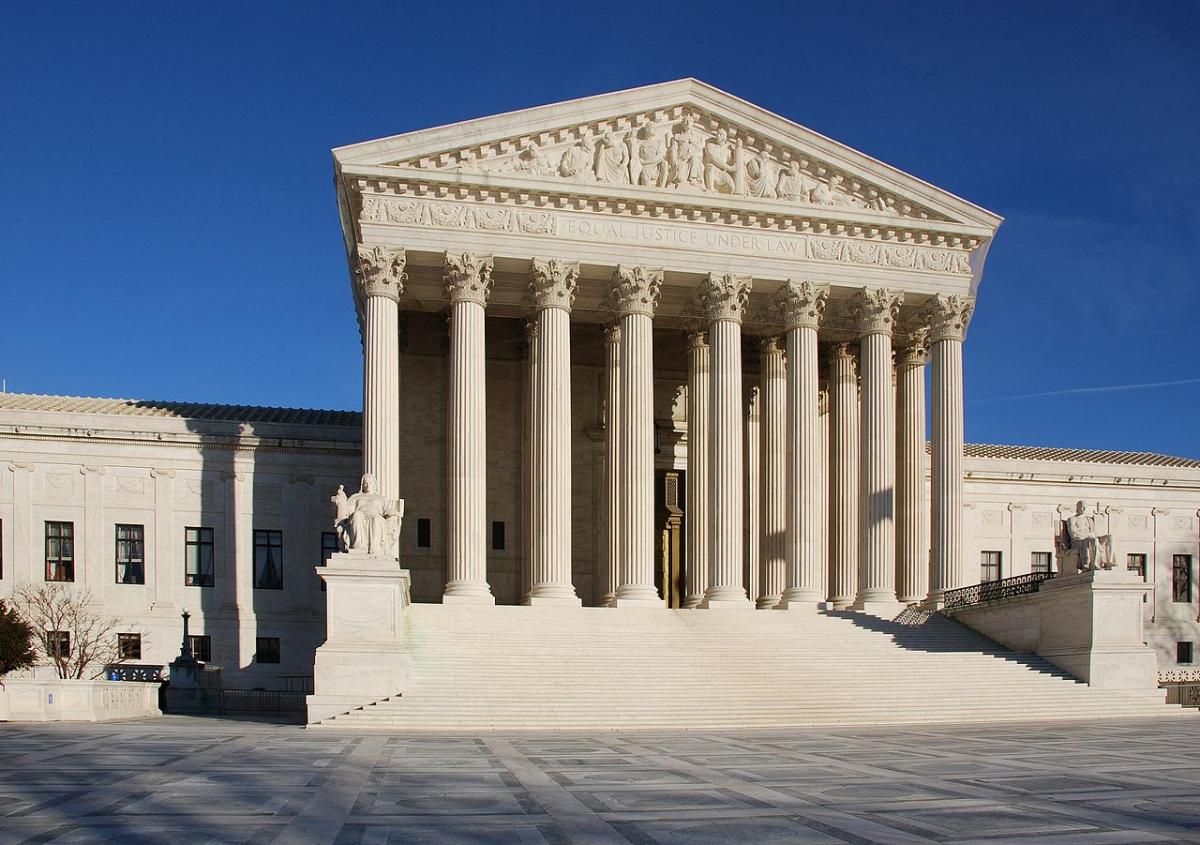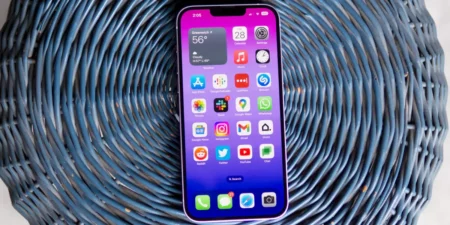Several companies including Facebook, Microsoft, Verizon, and now Apple are asking the United Stated Supreme Court to apple the 4th Amendment protection to cellphone location data. What does this mean to you? It means your location data would not be accessible without a court order or a warrant.
Noted by CNET, this issue is being raised due to a 2011 conviction. The U.S. Supreme Court is receiving a case where location data was pulled without a proper warrant. This evidence became important evidence.
The issue is central to the appeal filed by Timothy Carpenter, who was convicted in 2011 of a series of armed robberies in Ohio and Michigan with the help of past cell phone location data. Officers dug through 127 days’ worth of data provided by MetroPCS and Sprint. From that, they pulled together about 12,898 different locations for Carpenter during the time of the robberies.
Carpenter’s conviction hinged on his cell phone location data, and he lost an appeal at the Sixth Circuit Court of Appeals last April. In the appellate decision, the judges ruled that cell phone location data didn’t merit Fourth Amendment protections against unreasonable searches and that the officers didn’t need a warrant, as Carpenter’s lawyers argued.
It’s worth noting that companies are not arguing that the location data should not be accessible. They’re arguing that accessing such data should require a warrant. This is to help preserve a level of privacy for consumers. For law enforcement to access such data without a warrant would be an illegal search.
Other companies that support this 4th amendment protections include Airbnb, Cisco, Dropbox, Google, Facebook, Nest, Snap, Twitter, and Evernote.





